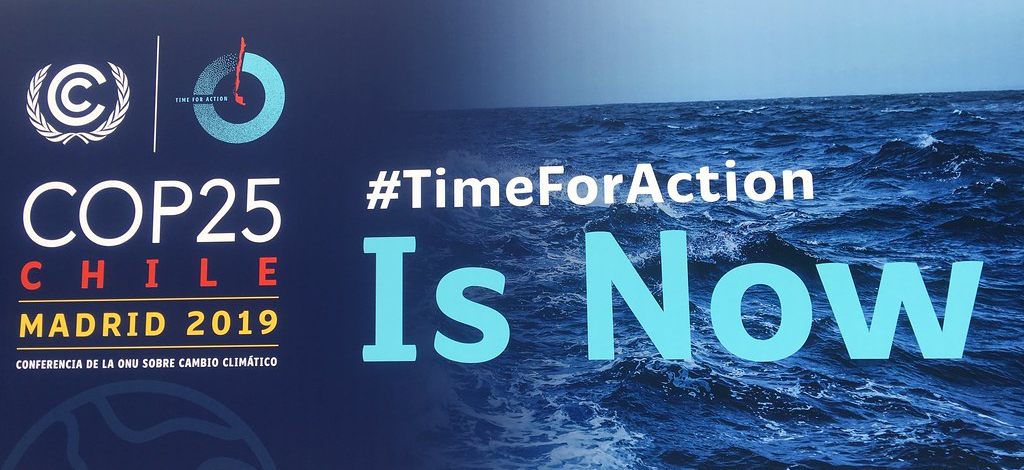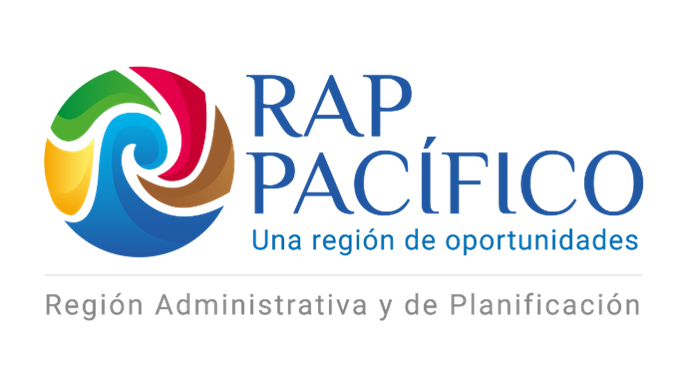Regions collude to lead fight against climate emergency

Once again, the central role at COP25 was not played by the Secretary General of the United Nations, nor by any world leader, but by Greta Thunberg, the teenage promoter of Fridays for Future. Upon her arrival in Madrid and in a press conference with more than 200 journalists, the young Swedish woman delivered the prologue of the meeting: "Despite the continuous mobilization, there have been no real actions. World leaders continue to ignore the climate emergency”.
In this context of inaction, representatives of intermediate regions and governments conspired to lead policies against climate change. Regional governors and presidents from around the world, who participated extensively in different events of the Madrid programme, met at events organised by Regions4 and supported by ORU Fogar.
The seminar "Regional Leadership in the Climate Emergency" focused on the SDG 6 "Clean Water and Sanitation" and the SDG 13 "Climate Action". At the opening of the event, the Northern President of Regions4, representing the Basque Government, Elena Moreno, stated that it is absurd to deny climate change to continue stating that "regions must lead the fight against this challenge. And we must do so with urgent and ambitious measures". Ivonne Yáñez, representing the South presidency, made a clear pledge: "Emissions are continuing to increase and none of the mechanisms devised so far has worked. The only solution is to leave the hydrocarbons in the subsoil". The representative of the Azuay province, Ecuador, was very critical of mining, which in Latin America "endangers all water sources".
The opening speech was given by Waldez Góes, governor of Amapá, a voice from the Amazon committed to fighting climate change, a counterpoint to Brazilian denialism.
A very strong voice was also that of the president of Réunion, Didier Robert, who said that the regional government of this Indian Ocean island is promoting a policy of "zero waste", which is not backed by French legislation. He also explained the creation of the Regional Biodiversity Agency in 2017 and a project to protect whales in its waters.
Sergio Graf, Environment Minister of the State of Jalisco, Mexico, explain that they have coined the "Zero Deforestation" certificate for beef, tequila agave and avocado in order to avoid deforestation.
The Catalan Minister of Territory and Sustainability, Damià Calvet, presented the Climate Change Law approved in 2017, but stated that "there is still a need for more climate action and faster action than we had planned". His explanation of the environmental tax managed by the Catalan Water Agency and all the projects that are being promoted to desalinate seawater and recycle and reuse water was of great interest”.
The prefect of Santa Elena, Ecuador, José Daniel Villao, demanded a greater commitment from developed countries and said that, in their context, the fight for the environment and against poverty "is the same fight". He pointed out the need to avoid rural exodus and emigration of people, by means of development projects.
The governor of Vihiga, Wilber K. Ottichilo, explained that climate change is exacerbating water problems in arid and semi-arid territories of Kenya. That is why, he explained, the central government and all Kenyan counties are committed to the same struggle for better management of this scarce resource. "We are working to minimize pollution, to recycle as much water as possible and to deploy irrigation plans".







































































